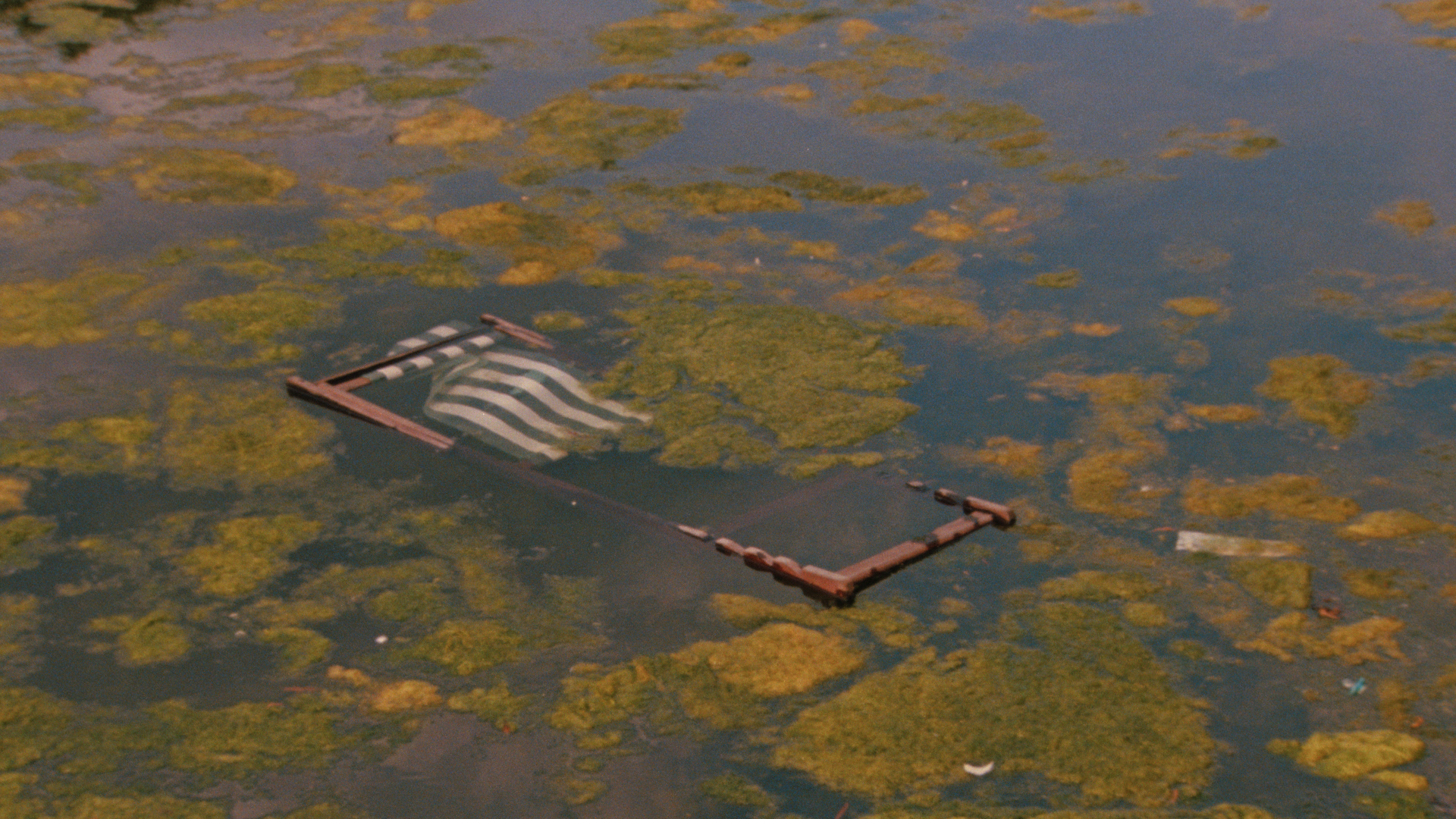CERCA

Ungentle
[ita]
Basato su ricerca storiografica approfondita, il film è narrato da un autore immaginario ed enigmatico la cui difficile posizione di spia e omosessuale nella metà del XX secolo è offuscata dall’irragionevolezza del desiderio e dalle ragioni di segretezza dettate dalla sua posizione. Il film utilizza una modalità narrativa fluida e inafferrabile, in cui il protagonista dirige le scene del film dall'esterno come se osservasse la realtà da un binocolo, spostandosi da St. James's Park – una nota area di cruising frequentata dall’establishment britannico – a Beaulieu, una casa di campagna nell'Hampshire che fungeva da scuola di formazione per responsabili delle operazioni speciali.
Ungentle è un ritratto dell'esperienza condivisa di sotterfugio e segretezza e una riflessione sulle tensioni tra lealtà e lussuria, sé autentici e credenze adottate, status e desiderio.
[eng]
Based on extensive historical research, the film is narrated by an imagined, enigmatic auteur whose fraught position as both a spy and gay man in the mid–20th century is troubled by the unreasonableness of desire and the reasons for secrecy prescribed by his position. The film edges at a fluidity and an atmosphere of unknowability, where the protagonist directs the scenes of the film from outside of the camera lens. It moves from St. James’s Park, a historical cruising ground at the center of British power, to Beaulieu, a historic country house in Hampshire that served as a Special Operations Executive training school.
Ungentle is a portrait of the shared experience of subterfuge and secrecy between homosexuals and spies as well as a reflection on the tensions between loyalty and lust, authentic selves and adopted beliefs, status and desire.



